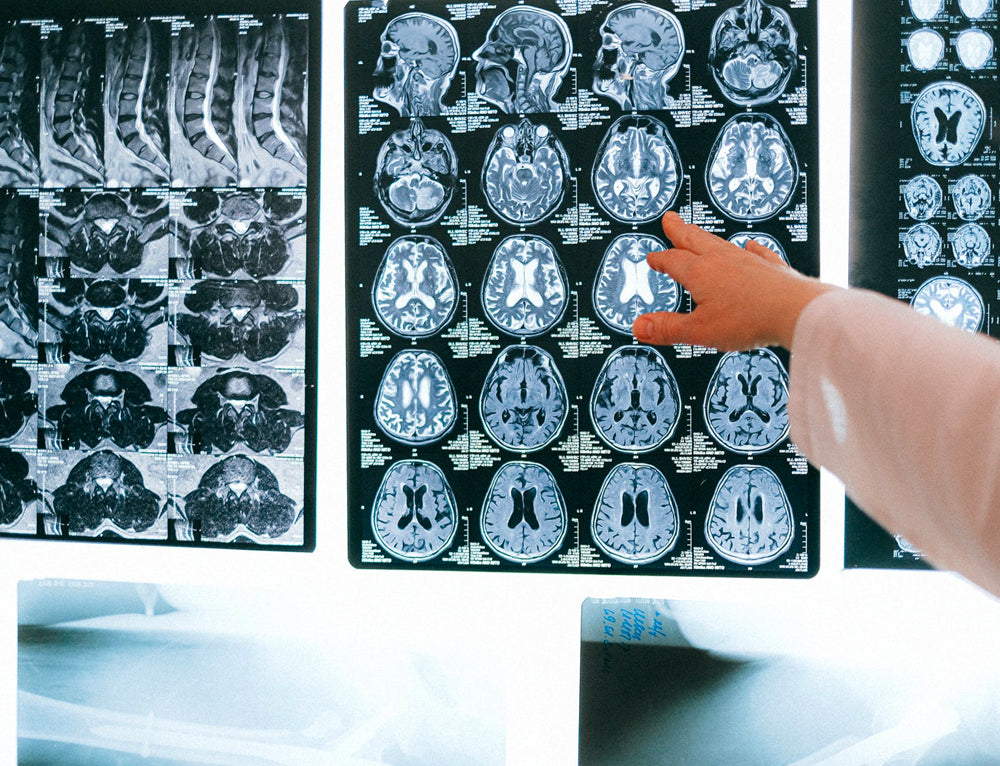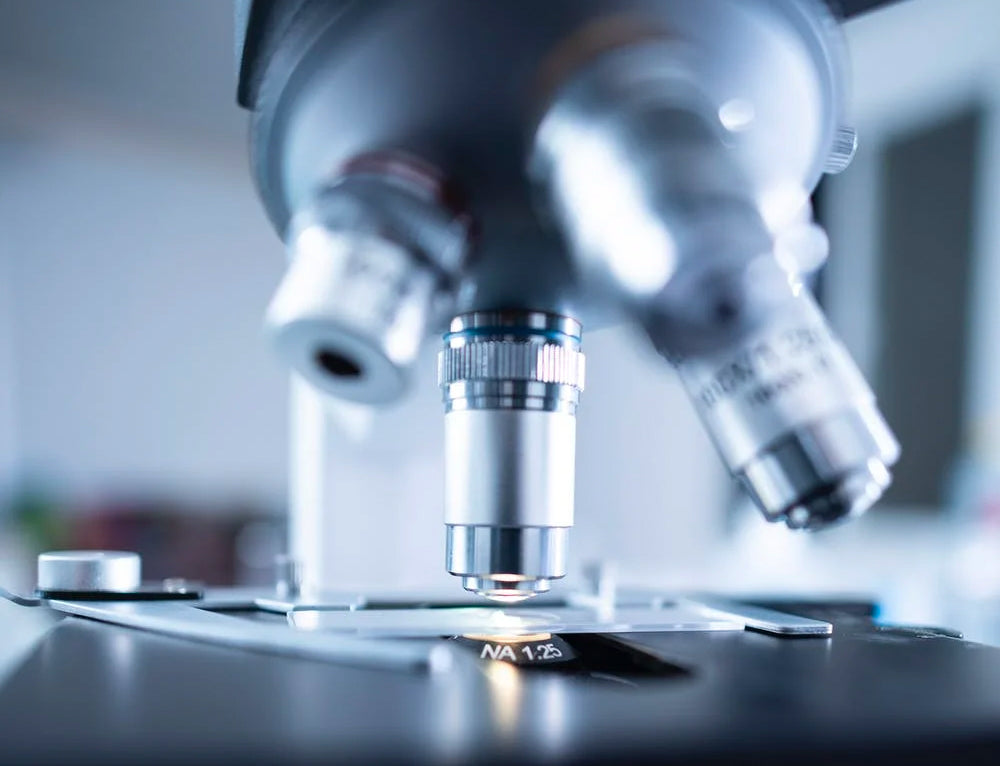The Gut Brain Connection and Your Gut-Brain Axis

Research demonstrates there is a physical link between the gut microbiota and the activity in our brains. This is referred to as the Gut-Brain Axis. If you have ever referred to “trusting your gut” or “that feeling in the pit of your stomach” you have, subconsciously or otherwise, recognized the connection between your head and your gut. We often refer to this as instinct, however when you stop and think about it, the activity in your brain is actually initiating a reaction down in your belly, or vice versa. Therefore, one may assume the connection between our brain and our gut exists beyond basic instinct, or just a feeling.
To better understand the gut-brain axis, let us first identify what gut microbiota actually is. Deep within our intestines lives a colony of bacteria. Much of this bacterium is accumulated as infants during the birthing process. However, researchers believe that this bacterium can be altered through diet, the ingestion of probiotics, and antibiotic use throughout our lives. Our bacteria makeup in our intestines is as unique as we are, no one colony composition is the same.
Studies show that gut microbiota can impact the central and peripheral nervous systems, which explains the connection to our brain functions – our nervous system and our brain work together to send messages throughout our body. Research suggests gut microbiota impacts our emotional behavior as well as our stress modulation. Based on this information, if the bacteria composition in our gut changes, the effect it has on our nervous system would also change, likely resulting in a shift in our emotions and stress behaviors. Additionally, the link between our gut health and our immune system cannot be ignored as the immune system is in constant communication with the nervous system. Therefore, if the connection between our gut and our brain is as closely connected as researchers believe it to be, our gut microbiota plays a major role in both our mental and physical well-being.
Once researchers better understand the gut-brain axis, we can start to use this information to our advantage. If the gut is so closely connected to our emotional behavior and we have the ability to alter the composition of our gut microbiota through diet and probiotics, then we can theoretically impact our emotional functioning by changing what food and supplements we eat to better serve us. Although there is still a lot to be learned about this, the potential is exciting. Researchers have demonstrated interest in further exploring how the gut-brain axis could work to gain ground on disorders such as anxiety, hyperactivity, and depression. This may come as welcome news to anybody looking for alternative solutions to coping with one of these disorders.
Conclusively, if you have always been a person that trusts your gut, consider yourself ahead of the game. When it comes to the relationship between our brains and our bellies, researchers continue to uncover evidence on something our bodies have been telling us all along – it is all connected.
Sources:
https://nccih.nih.gov/news/events/IMlectures/gut-brain
https://www.ncbi.nlm.nih.gov/pubmed/25689247
https://www.ncbi.nlm.nih.gov/pubmed/26175487
https://www.ncbi.nlm.nih.gov/pubmed/26306709




